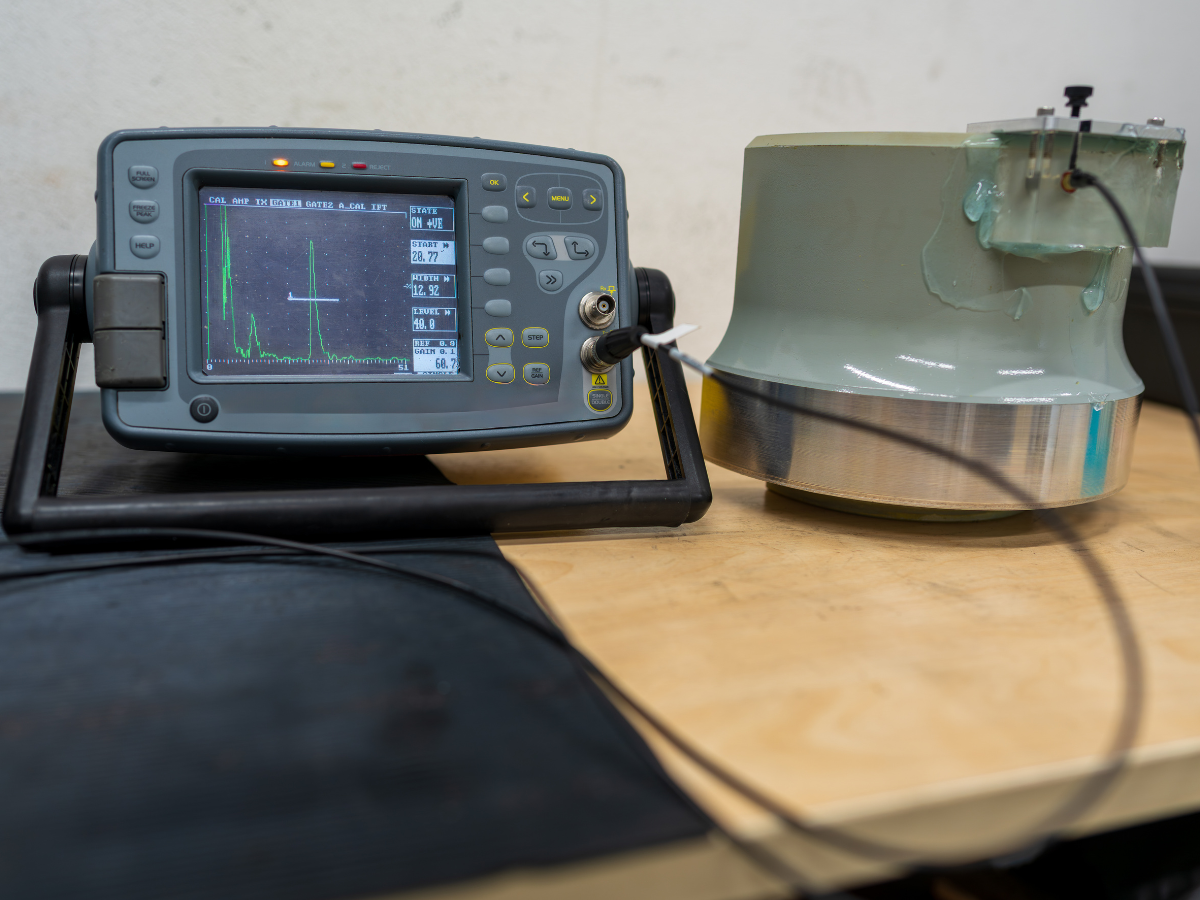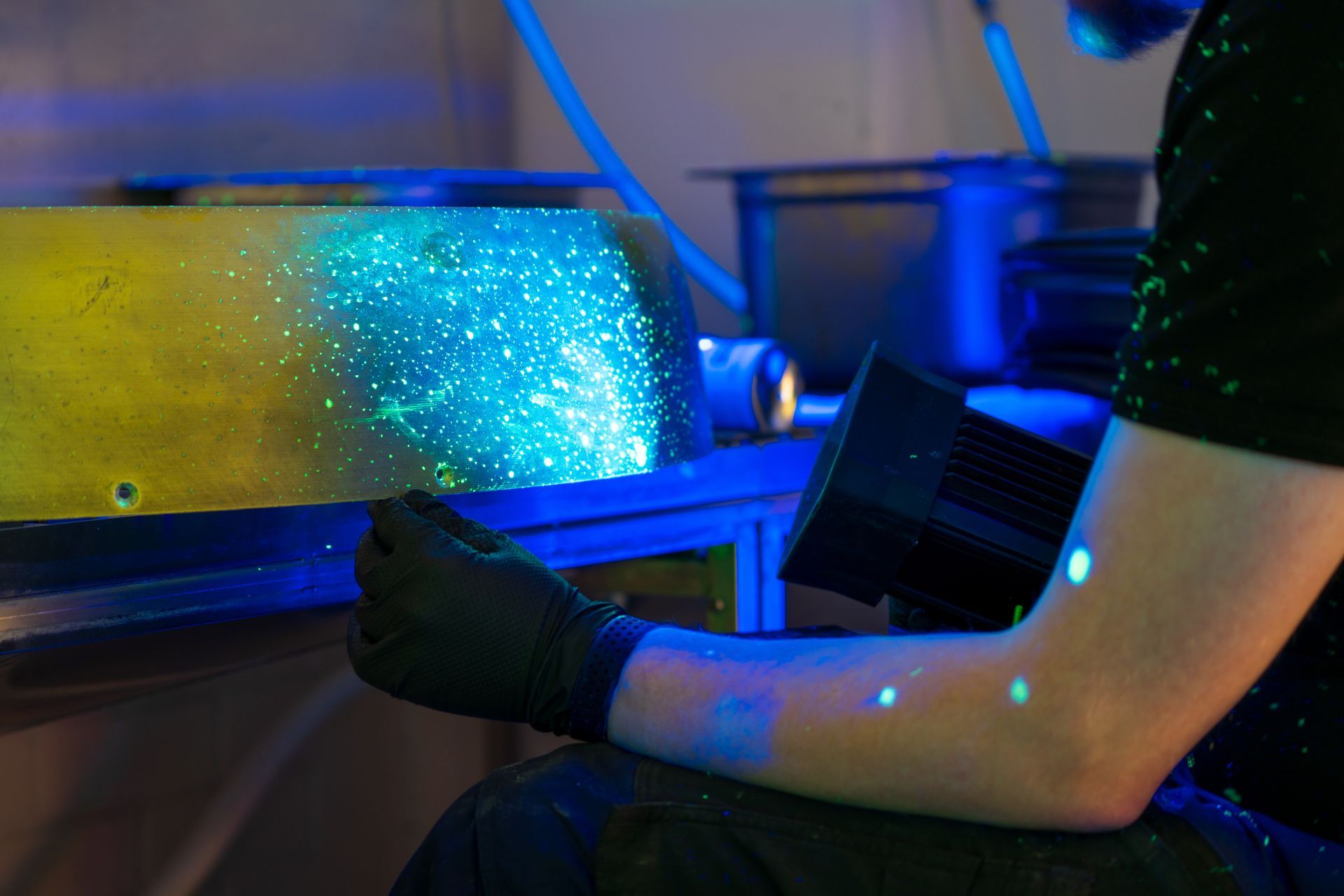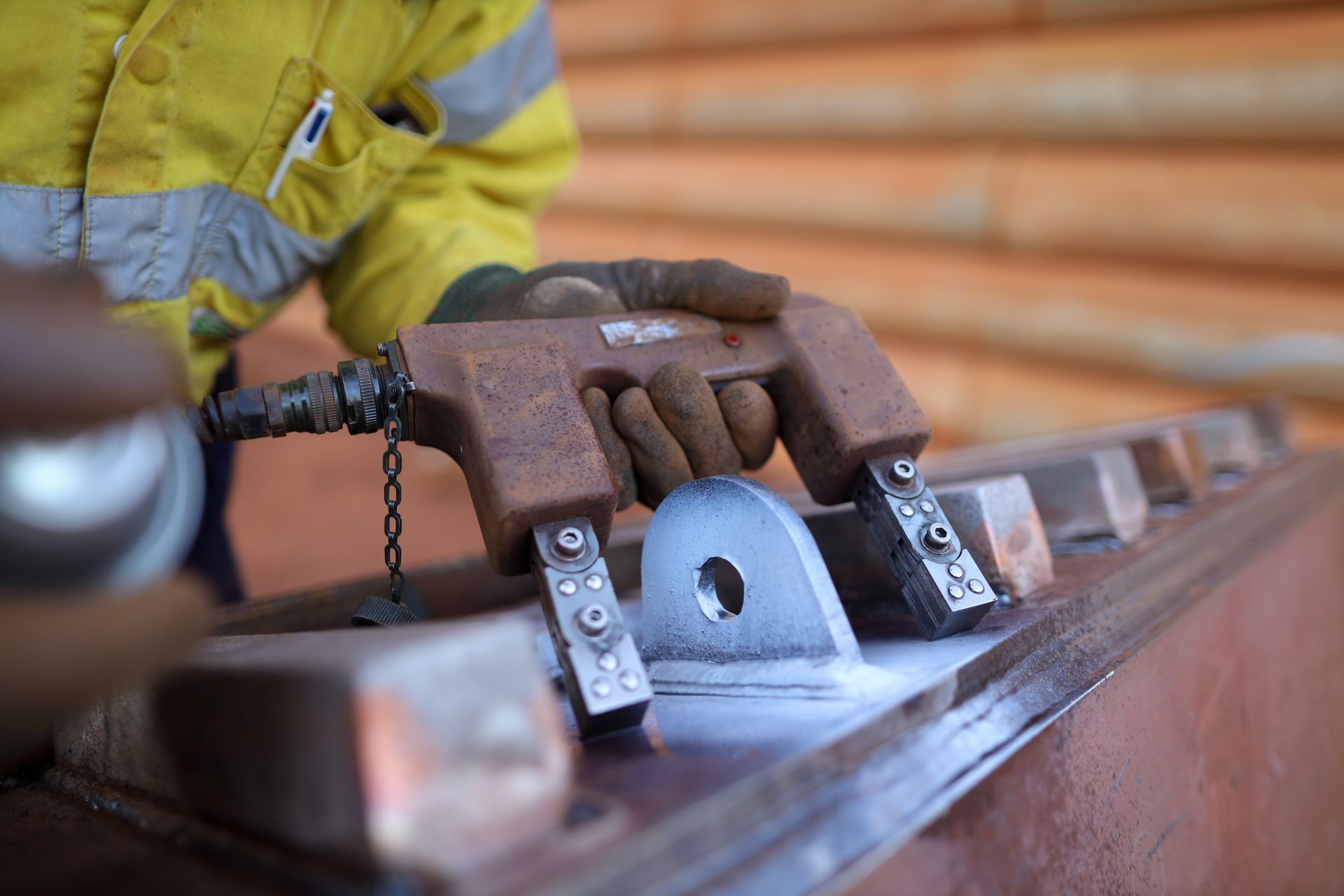Cause & Effect Corrosion in Piping
December 9, 2021
Corrosion in piping is not only common, but it also can cause catastrophic failures in industrial, commercial, and residential settings. Not only is Steel City NDT LLC capable of testing for corrosion, but we are also able to tell you the extent of the corrosion.
Causes of Corrosion
- pH of the medium contained within the piping system
- Temperature of the medium – The hotter the water, the more pronounced the corrosion
- Velocity of the medium – Not only can excessive velocity cause corrosion, but sudden changes in direction due to elbows or turns can also do the same
- Chemical make up – If referring to a water piping system, things like excessive calcium can cause buildup and eventually corrosion
- Oxygen content – Oxygen is another thing that corrodes and degrades metals by converting the metal to rust
Effects of Corrosion
- Leaks – On average, about 25% of steel pipes will have a leaking connection within it’s first 5 years of use
- Drop in pressure – Even the slightest corrosion causes an irregular inner surface profile which causes unacceptable drops in pressure
- Air contamination – When compressed air passes through a rusted or corroded pipe, it becomes contaminated with hydrogen ions and rust particles
- Wasted energy – When a pipe becomes choked off by rust buildup, piping systems will consume extra power to overcome this friction





